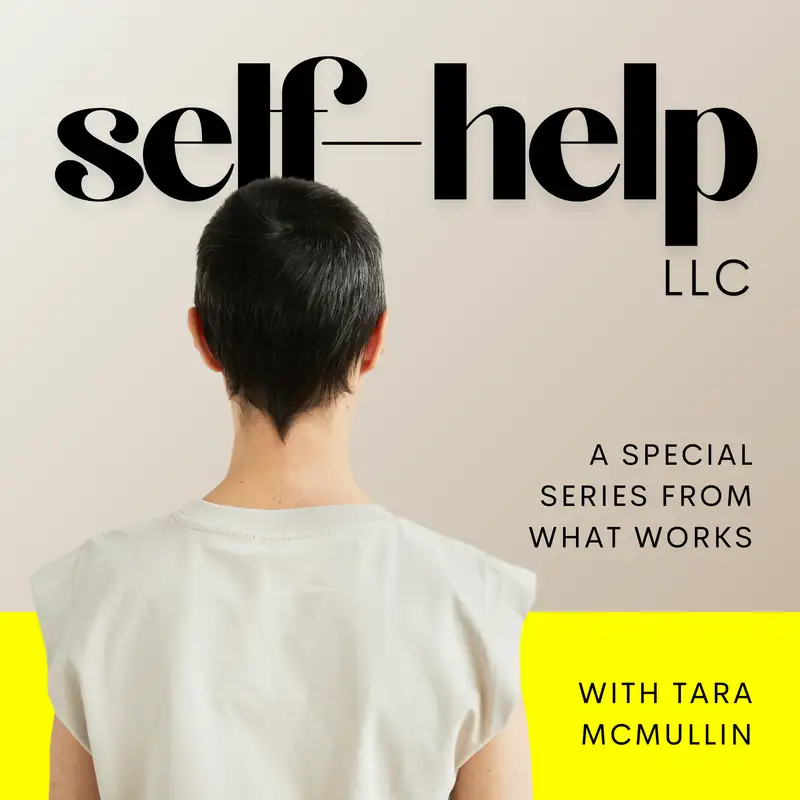What Does Power Sound Like?
This is the 6th installment in the Self-Help, LLC series, which originally ran in October 2022. Today's episode has been revised and re-engineered!
We form an impression of our voices early in life. While it might shift some as we age, those impressions tend to stick with us. For many of us, what we learn about our voices is how they don’t quite measure up to the ideal: too high, too low, too soft, too loud, too this, too that. This is especially true for women, queer people, transgender people, non-native English speakers, Black people, people of color, indigenous people, and really anyone whose voice doesn’t fit into the white, male baritone mold.
We form an impression of our voices early in life. While it might shift some as we age, those impressions tend to stick with us. For many of us, what we learn about our voices is how they don’t quite measure up to the ideal: too high, too low, too soft, too loud, too this, too that. This is especially true for women, queer people, transgender people, non-native English speakers, Black people, people of color, indigenous people, and really anyone whose voice doesn’t fit into the white, male baritone mold.
So what do we do? We try to sound more like everyone else. And that can not only mess with our ability to use our physical voices, but it messes with our ability to use our metaphorical voices and confuses our sense of self.
Samara Bay, a Hollywood dialect coach who’s worked on blockbusters like Wonder Woman and Guardians of the Galaxy, is on a mission to help everyone find “permission to speak.” In this episode, we dig into how the self-help imperative to “own your voice” might be more complicated than it sounds.
Footnotes:
- Find out more about Samara Bay
- Get Samara’s book Permission to Speak
- “I still have a voice” by Alice Wong
- Samara Bay on Anna Sorokin and Elizabeth Holmes’s voices
- Women and Power by Mary Beard
- More about African American Vernacular English on Pause on the Play
- College students talk about their relationships to their Southern accents on Dolly Parton’s America
- “The Magic of Voice Transitioning with Nicole Gress” on Camp Wild Heart with Mackenzie Dunham
- “Me minus me” on This American Life (Sandy Allen’s vocal transition)
- “If you don’t have anything nice to say” on This American Life (complaints about female voices)
- More on the mid-atlantic accent
As always, find the essay version of this episode at whatworks.fyi
★ Support this podcast ★

